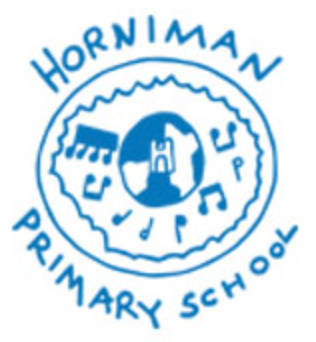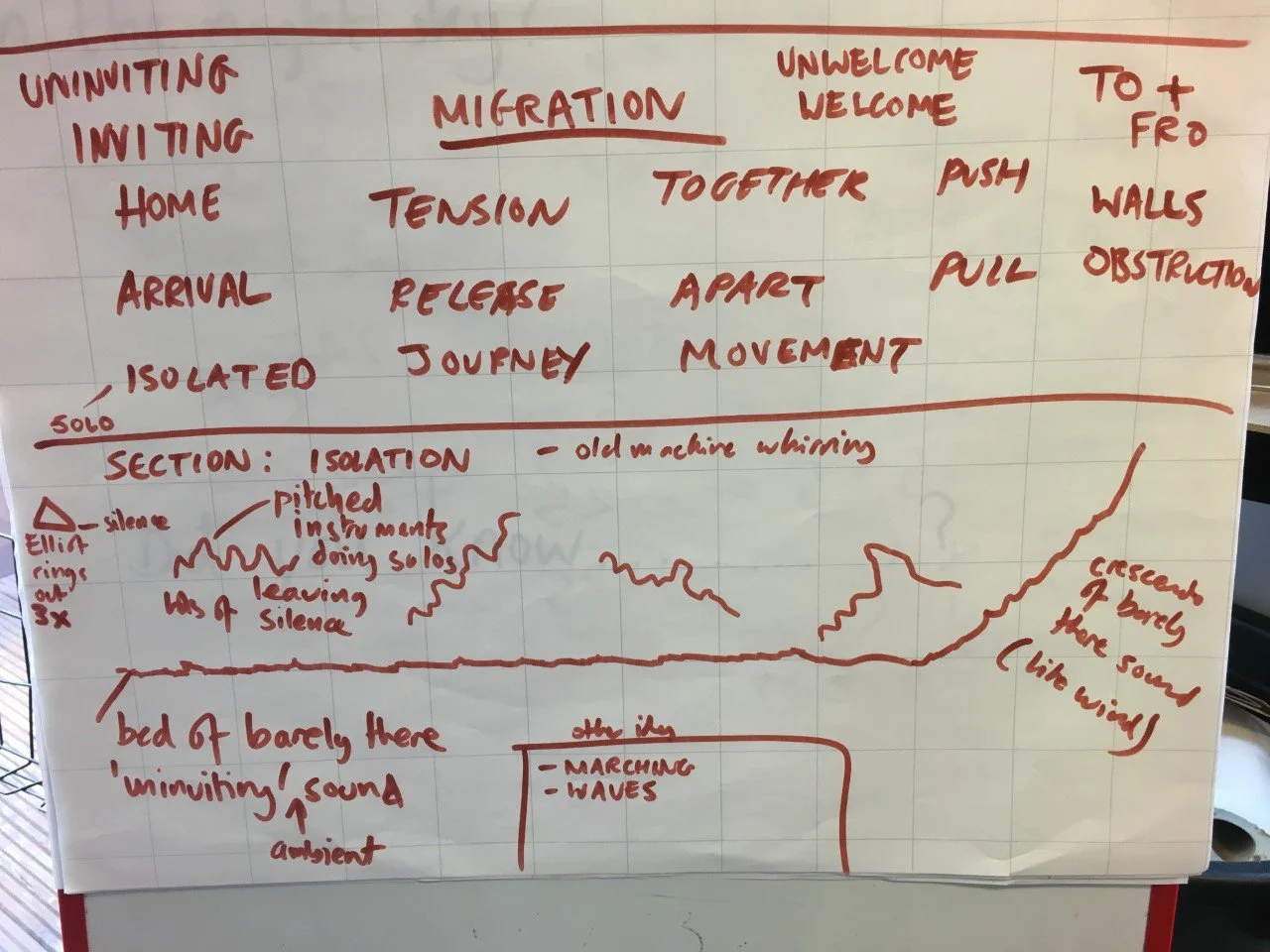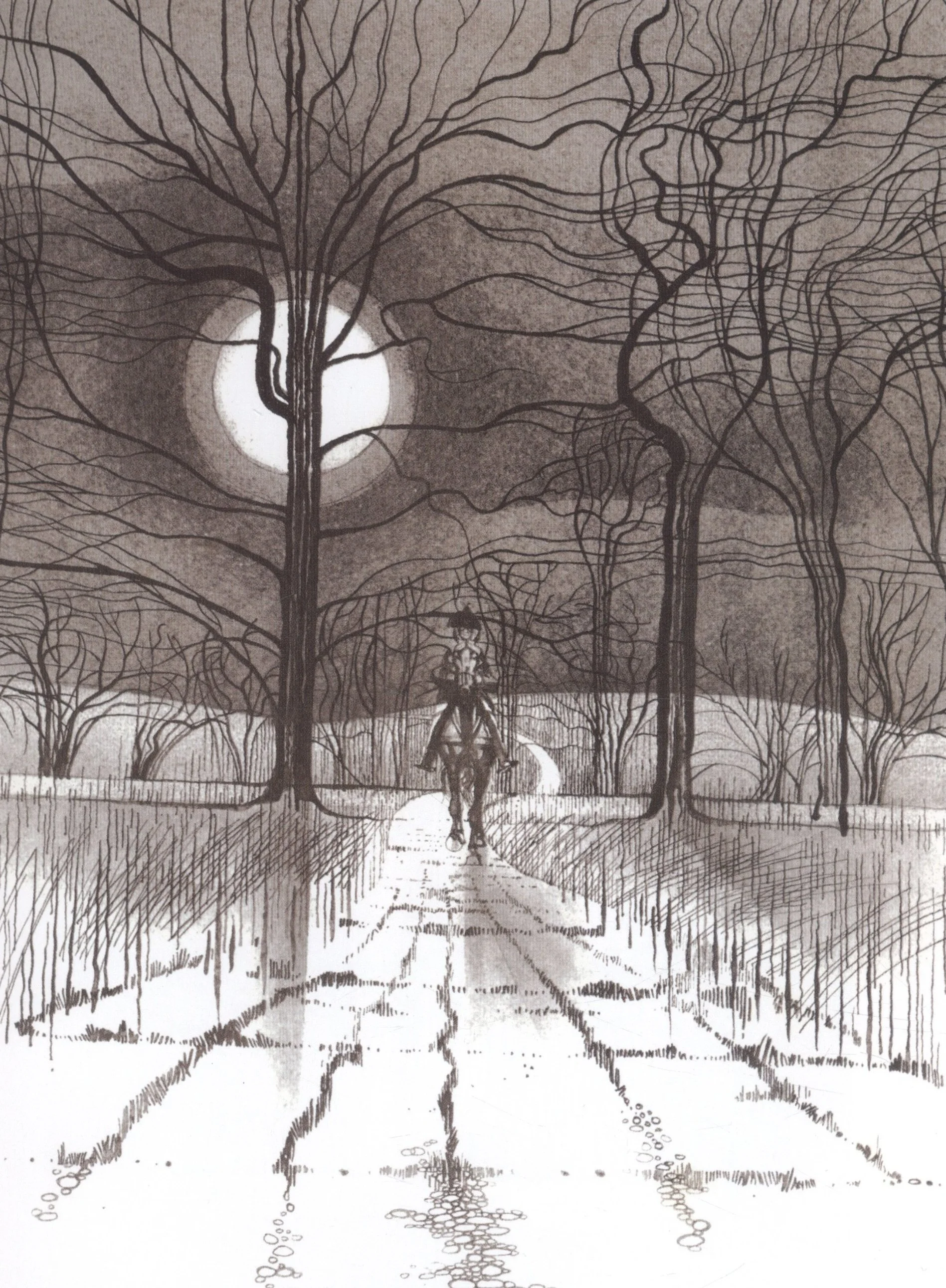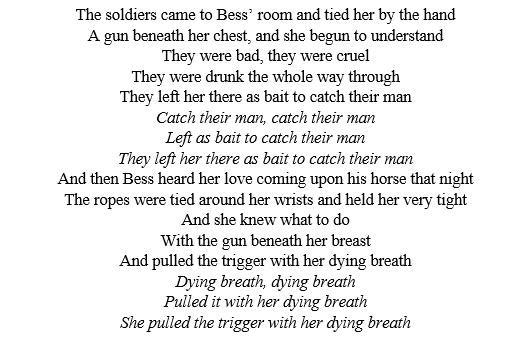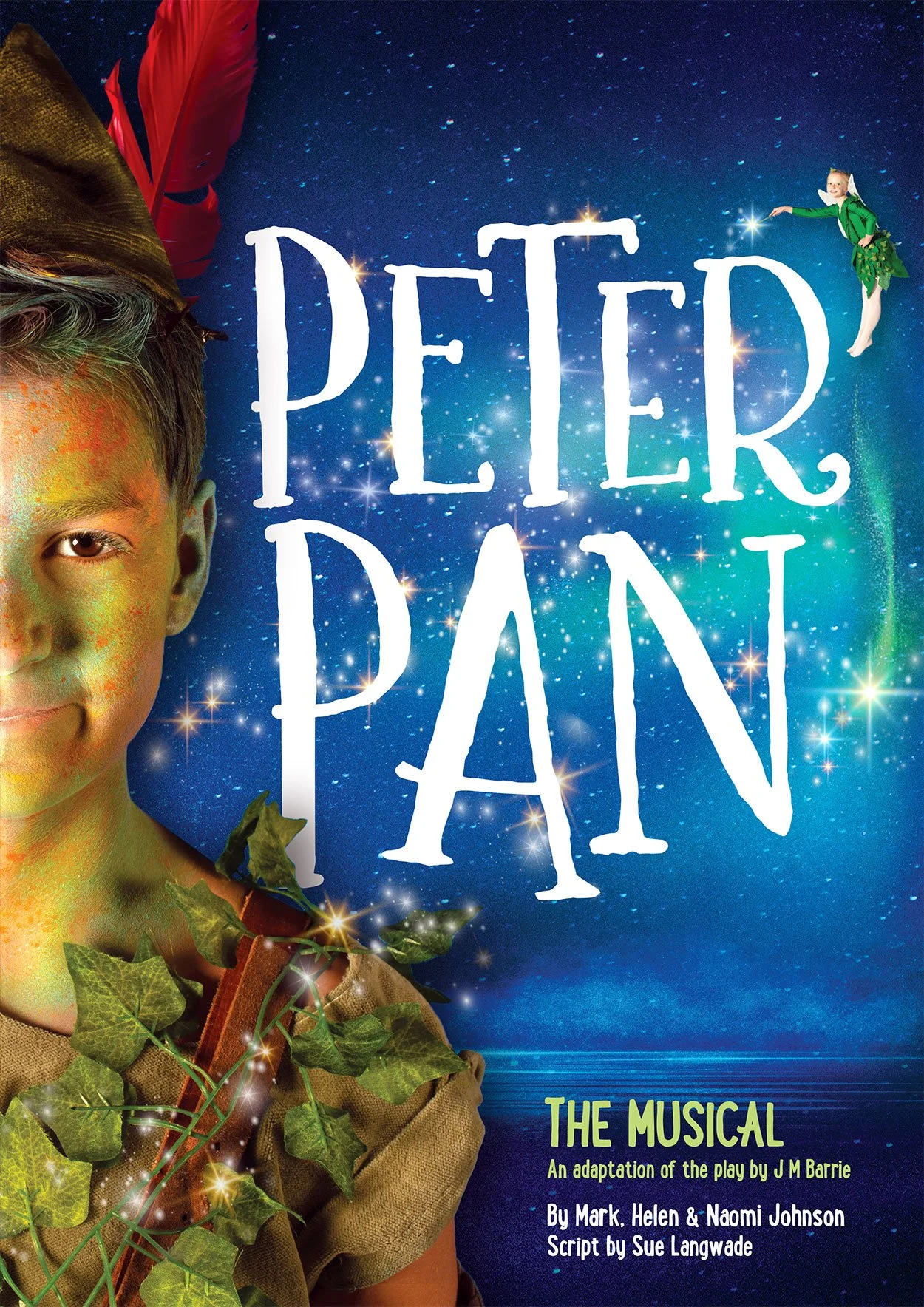
Music

At Horniman we believe that music is a valuable, and non-expendable part of human experience.
We endeavour to reflect this in our curriculum by providing Horniman pupils with the opportunity to engage with, and play a wide variety of music.
We aim to develop in our pupils a life-long connection with music through: performance, composition, the development of a musical vocabulary, the teaching of instrumental and technological skills, and opportunities to reflect upon music from a diverse array of genres, composers and cultures.
Key principles
-

Listen.
At Horniman we listen to music in many ways. We share different genres of music with the children at the beginning of weekly singing assemblies, focussing on a different genre each half term. We listen to music as an aspect of every Music lesson and discuss, compare and contrast different Musics. We listen to our favourite Music at playtime and lunchtime using the radio shed, and talk about Music that we like and why it is special to us.
-

Play and Sing.
All the children at Horniman sing together every week in Singing Assembly. Our singing assemblies are led by our Music specialist teachers and include a wide variety of repertoire. During class Music lessons, there is always an opportunity to develop singing technqiue and enjoy making music together. At Horniman we also offer a variety of instrumental lessons with private teachers, and learn group intrumental and Music-reading skills during group ukulele and recorder lessons.
-
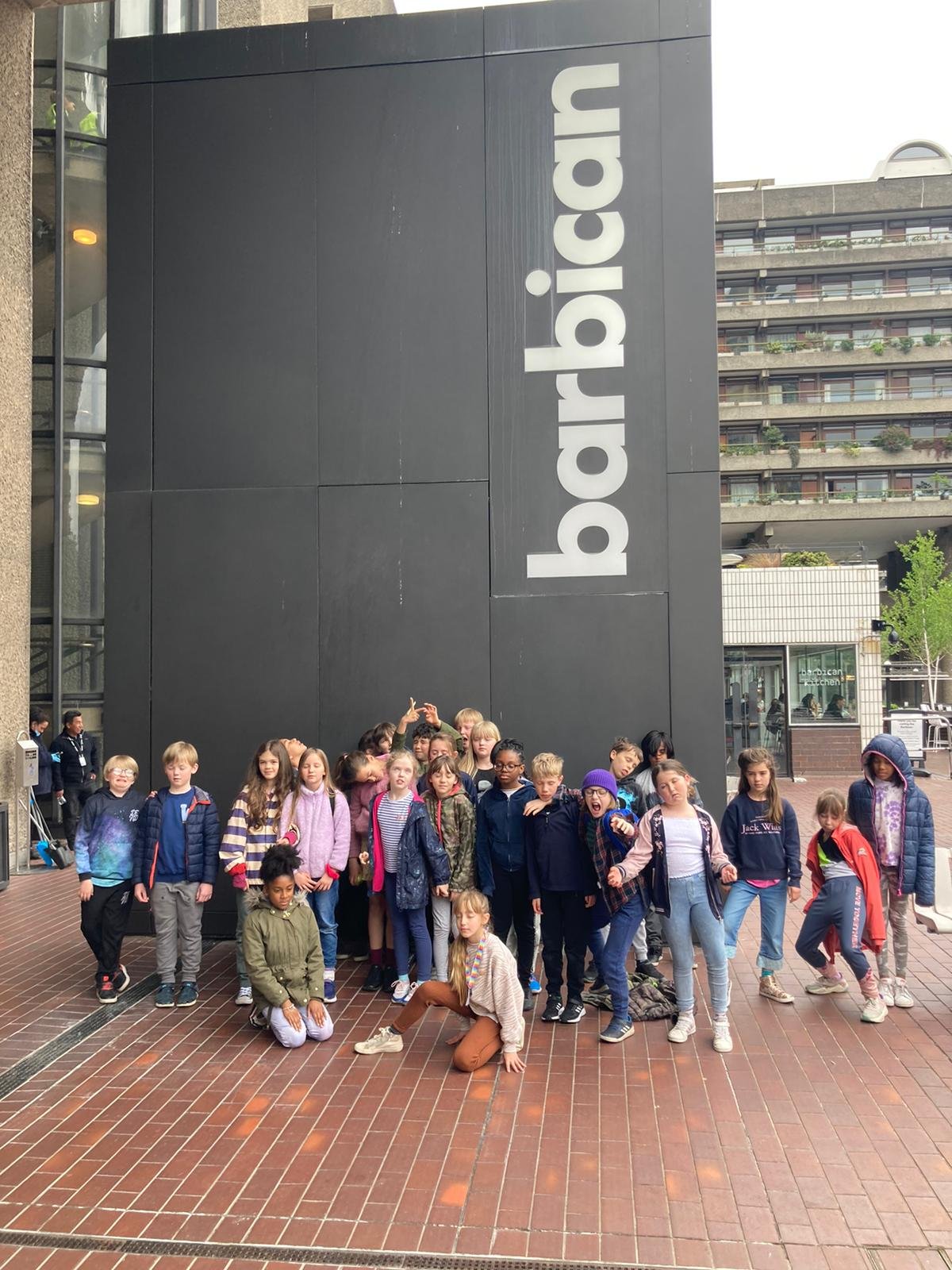
Compose.
Music at Horniman gives children the oppotunity to learn about past and present composers and be composers themselves. The key skills covered in listening and playing (and reading) music - ensures children leave the school with the ability to think about and make their own music. Children have the opportunity to collaborate and compose together in small group composition interventions.
-
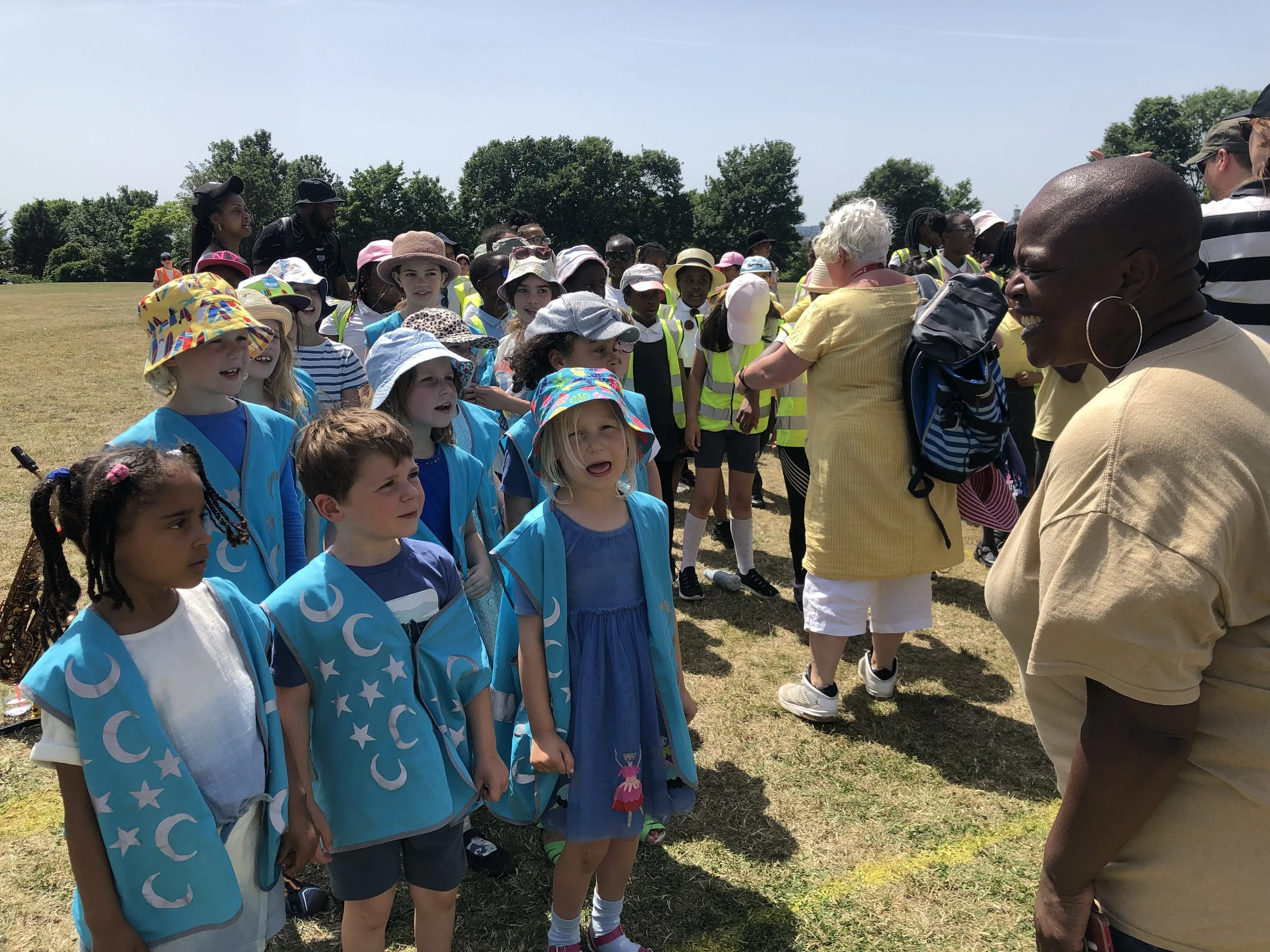
Perform.
Performance skills and ettiquette are taught at Horniman through many opportunities to perform on different scales. From - informal sharing of music in lessons, to termly assemblies in front of families, to theatre productions at school and at the Alleyn’s Theatre, to large borough-wide events at the Barbican, Albany or Blackheath halls - there are many opportunities for performance.
This is the track (currently a demo) for the group who will be doing the workshop with the composer Maxwell Sterling! It will be a brass version of a 90s dance tune called Nothing is Forver by Ultracynic.
NOTHING IS FOREVER LYRICS
I saw you every morning
As the sun rose through the sky
The first thing I would do each day
Is gaze into your eyes
Our future was together
However long that was
But somehow things didn’t quite work out
We both had been denied
But nothing is forever
How long is forever
Nothings lasts forever
Nothing is forever
We never were separated
We couldn’t be split up
We promised we’d share everything
The smoo-ooth and the rough
We seemed to be so similar
I really thought we’d last
But all that stuff don’t matter now
It’s all in the past
It doesn’t matter
No it doesn’t matter
Cuz nothing is forever
Nothing is forever
Nothing is forever
How long is forever
You used to say without me
You couldn’t survive
Now I see those statements
Were nothing more than lies
(these next 4 lines are a little bit different so pay close attention)
And so I try to forget the times we had
Forget all about them good or bad
No matter if you think that you’re really together
It’s important to remember
That nothing is forever
Nothing is forever
It never is forever
Nothing is forever
Nothing lasts forever
Nothing is forever
It never is forever
Nothing is forever
Curriculum Map
School curriculum maps for coverage of Music
KS2 Lights Will Lead Me Home
Performances
Horniman Scratch Orchestra play
Avril 14th by Aphex Twin
Composition
At Horniman we believe in the importance of developing our pupil’s composition skills, allowing them to think like composers as well as performers/players. Below you will find a selection of compositions from our whole class and small group sessions.

Year 6 compositions - inspired by Steve Reich
In Year 6 we explore the work of minimalist composer Steve Reich, and his piece Music For 18 Musicians. Using Garageband, we learn about looping, quantizing and volume automation to recreate the precise interlocking ostinatos and the swelling crescendos of Reich’s piece. We aim to use similar timbres to Reich: flute, clarinet, strings, tuned percussion. Using software instruments and music editing skills allow us to think compositionally, focusing on arrangement and structure in a more zoomed out way. We started with a single clarinet note, and built the piece from there.
We also look at loop editing to emulate his use of phasing - where an idea will be duplicated across instruments with varied lengths, moving gradually in and out of sync.
Have a listen to Elder’s below. Can you spot the use of dynamic variation (crescendos and decrescendos) in the flute? Can you hear patterns that move in and out of sync? Can you here a moment of sudden change?
We loved what Birch class came up with so much so that we used some of these pieces to score the drama performance they devised about different experience of migration. We performed this at Lewisham Migration Musuem as part of a Lewisham Borough of Culture drama initiative, conducted by Peoplescape Theatre.

Year 5 - Delia Derbyshire inspired compositions
In Year 5 we look at Delia Derbyshire, the composer/arranger of (among other things) the Doctor Who theme music.
We explore the sampling techniques she pioneered at the BBC Radiophonic Workshop.
We then use iPads to record found sounds around the school and manipulate their pitch and duration to create our own sampled version of the Doctor Who theme tune. This kind of sampling technology couldn’t have happened without people like Delia Derbyshire.
Have a listen to some examples below:
Small Group Compositions
In Year 5 and 6 small group sessions, we improvise and compose based on key words and ideas from our topics. Our process is usually the same each time:
We improvise around these words or ideas, thinking about what they might sound like if interpreted on instruments. In doing this we generate clearer ideas of parts we might like to include. We then organise our favourite ideas into a graphic score - thinking about how our sounds might tell a story or create a mood, thinking about music in an abstract way with an emphasis on controlling sounds.
Finally we record or perform the ideas we arrived at from our improvisations. The final product is a semi-improvised / semi structured piece of music that features the golden moments from our improvisations.
Holly Class X LSO
Holly class composed a piece alongside players from London Symphony Orchestra inspired by Benjamin Britten’s Sea Interludes, and the ominous seascapes his music conjures up. Listen to their piece here:
The Highwayman
Year 6 were looking at Folk music as a genre focus. We explored the idea of a refrain in a folk song, and rewrote the highwayman as a folk ballad.
Our 2022 Year 6 Production is Peter Pan!
Year 6 Classes can access the script and music via their Teams accounts!
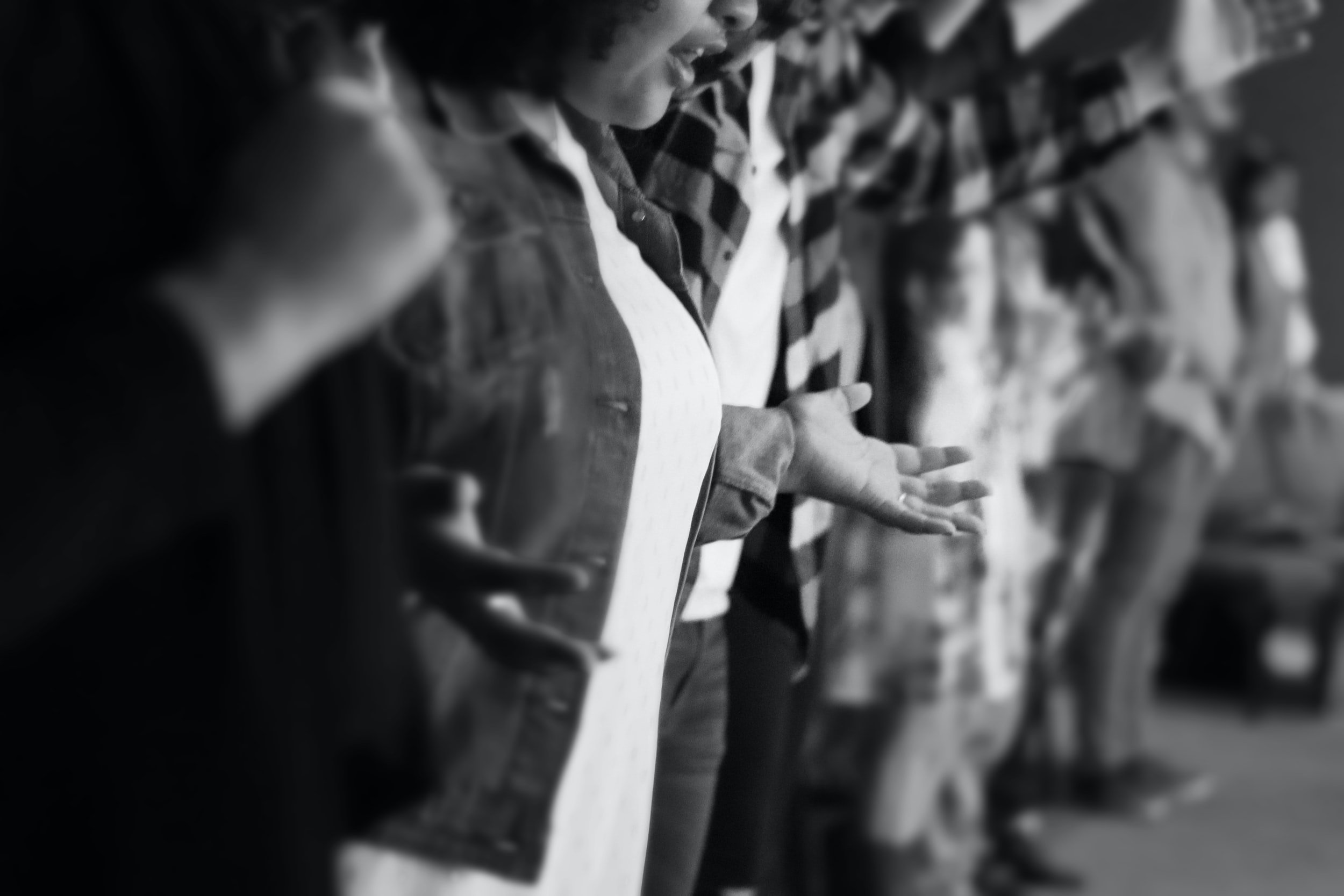
Horniman Choir
Hope for Justice
Dates:
Festival | Saturday 18th June 10:00 - 17:00
Two concerts | 15:00 and 16:30
